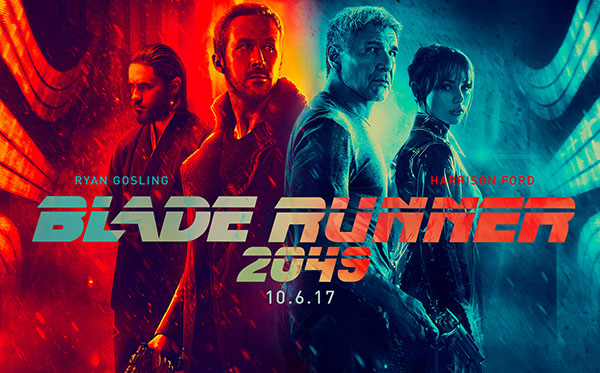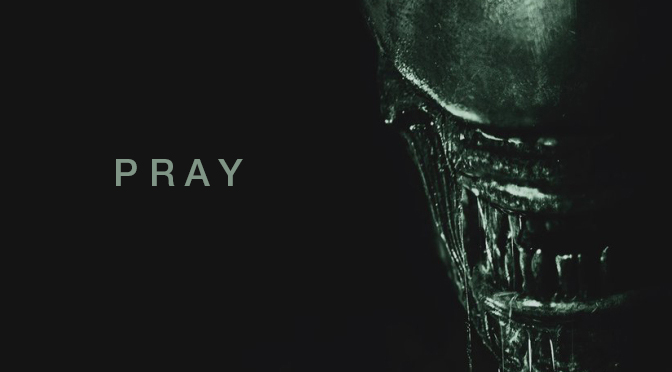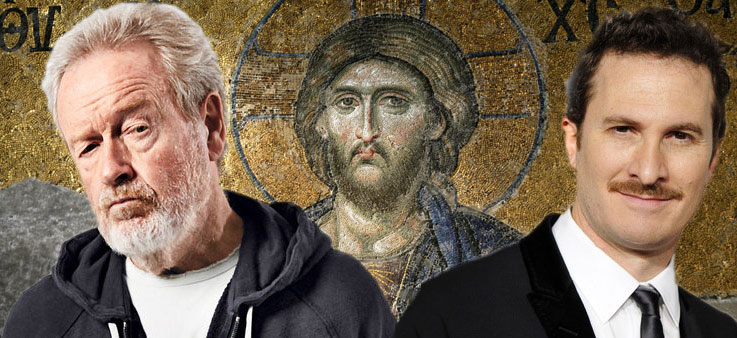
Decades after the original, a new blade runner is tasked to hunt down a replicant that was “miraculously” born. Such a birth would justify giving replicants “human dignity,” and thereby stop their slavery to humans.
The original cool movie concept of a hunter of A.I. robots becoming the hunted has turned into another sophomoric attempt to philosophize that bleeds contempt for the audience by delivering no real action and long boring 1980s camerawork that lasts a sleep-inducing 2 hours and 44 minutes.
I don’t even want to waste my time blogging on this, but if I do, then you don’t have to waste your time regretting watching it.
I had originally assumed Ridley Scott directed this, but he only exec produced it. So…
My God, when are these Hollywood “artistes” going to stop trying to subvert the Bible with atheist Christ stories and God hatred? I’m praying that Denis Villeneuve, the director, is doing this because he’s being bothered in his conscience as he faces his own mortality. But I fear a more cynical reality that he is just another filmmaker who thinks he’s being “deep” by adding religious themes he doesn’t even believe in to a story he’s trying to make profound.
What is the line between machine and humanity? Do our dreams constitute our reality?
It seems that this is the era where atheist propaganda movies have achieved the preachy mediocrity of Christian propaganda movies. Now, when they throw out “God’s Not Dead” and “Fireproof,” we can say, “Oh, yeah? What about Alien Covenant and Blade Runner 2049?” And Exodus: God’s and Kings? And Noah?
Give me the hearty paganism of Gladiator any day over this heartless soulless atheism. (It’s paganism is not ultimately satisfying either, but it connects more deeply with our universal hunger for transcendence in a way that BR 2048 cannot.)
Soullessness is Boring
First off, the very premise upon which the entire movie rests is the atheistic evolutionary fairy tale that “souls” or consciousness arises or grows out of material complexity. This is all the rage now in some brain science circles etc. They have no actual explanatory mechanism for this “miracle” of matter sprouting “soul,” they just believe it happens. It “self-organizes.” This is what’s called in science, “just so” stories, or “magical thinking.”
And they laugh at Christians?
Ironically, the movie still operates within a modernist paradigm of Greek dualism that argues that humans are “ghosts in machines.” The Gnostic version says it this way: “the body is a prisonhouse of the soul.” Be that as it may, it’s the same delusion of A.I. movies all over. There is some point at which machines and/or their programming become so complex that they sprout souls.
This is actually a reductionism that reduces spirit to properties of matter. They try to deny that and craft clever ways of “transcending” materiality, but they cannot do so. And we humans know this when we watch these stories. Which means that when such atheist premises are engaged in the course of “love stories” between robots and other such “dignifying” activities, the audience knows as they watch that it’s a contradiction. Even if they don’t know it intellectually, or they can’t put their finger on it, they can sense it as they watch. Robots and programs are not humans, and no amount of verisimilitude can change that. Verisimilitude is a means of deception. And I think the audience can sense that truth.
Now, here’s how the deception tries to mimic truth… Continue reading








